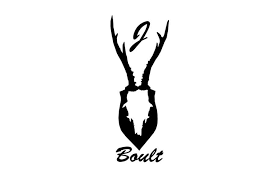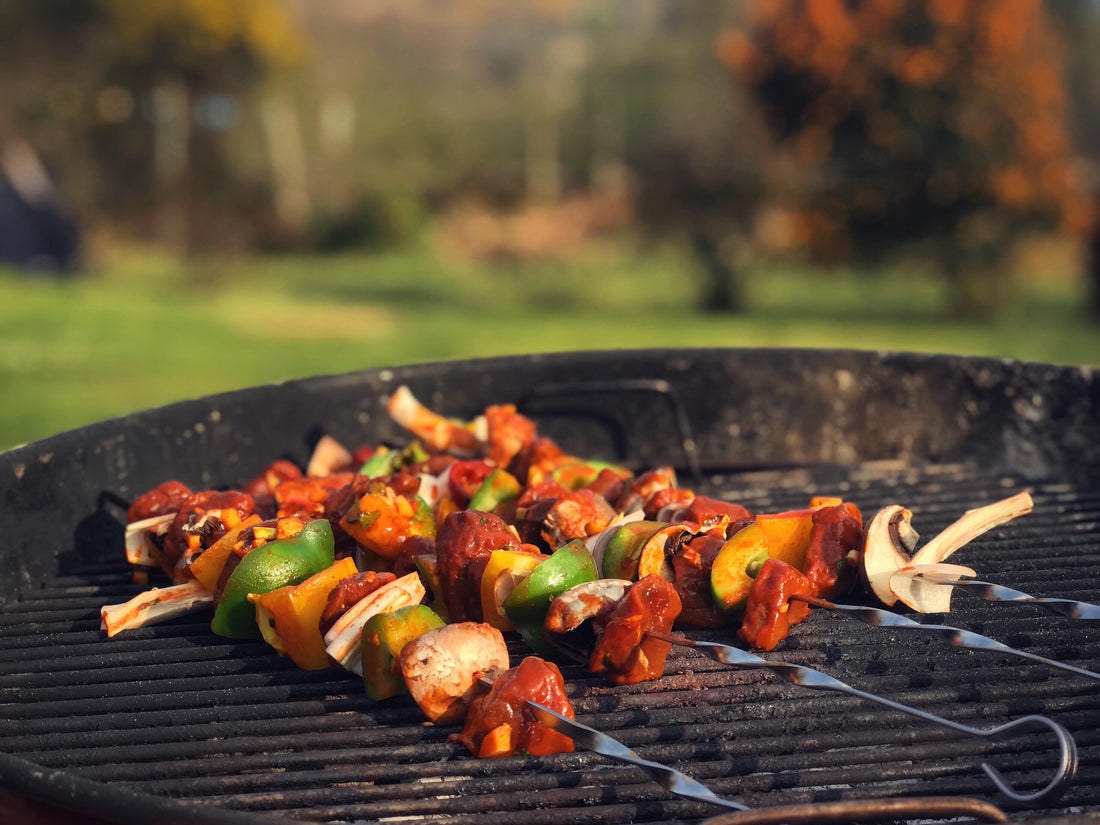When it comes to sustainable and ethical food choices, wild venison stands out as a shining example. Here at J Boult Designs we love venison as it is a sustainable meat and protein source that supports Scottish land management. It is also delicious if prepared correctly. As conscientious consumers seek alternatives to traditional meat sources, wild venison offers a delicious and eco-friendly option. In this blog post, we will delve into the world of wild venison and explore how it embodies sustainability, promotes biodiversity, and supports responsible land management practices in Scotland.
Sustainable Population Management

Wild venison is harvested from carefully managed populations, ensuring the delicate balance between deer and their habitats. In Scotland, there are no predators to the deer populations. Wildlife management by country estates, community owned land and Scottish government land implements strict regulations to control population numbers, preventing overgrazing and minimising damage to forests and agricultural lands. These measures help maintain healthy ecosystems.
Ethical and Humane Practices

The hunting of deer in the United Kingdom follows strict guidelines that prioritise ethical and humane practices. Deerstalkers undergo comprehensive training to ensure the highest standards of animal welfare, employing quick and humane harvesting methods. By choosing wild venison, consumers can support responsible hunting practices that prioritise the well-being of the animals.
Nutritional Benefits

In addition to its sustainability advantages, wild venison offers several nutritional benefits. It is a lean meat, low in fat and cholesterol while being rich in essential nutrients such as iron, zinc, and omega-3 fatty acids. Venison is leaner than chicken. By incorporating wild venison into their diet, individuals can enjoy a healthy and sustainable protein source that contributes to a balanced and nutritious lifestyle.It is one of the most nutritious of all red meats and a good source of iron and is high in Vitamins B6, B12, potassium, phosphorus, riboflavin, and niacin. It is also a source of zinc, lower in fat and saturated fat than domestic red meats, yet it is higher in polyunsaturated fats.

Wild venison provides economic opportunities for local communities, particularly in rural areas. Responsible hunting practices generate income for Scottish farms and estates, gamekeepers, and local businesses involved in the processing and distribution of venison. By supporting the consumption of wild venison, individuals can contribute to sustainable rural economies.

Wild venison represents a sustainable and ethical choice for conscientious consumers seeking to make a positive impact on the environment and their health. With its low carbon footprint, support for regenerative land management, and promotion of biodiversity, wild venison is an excellent locally sourced protein source worth considering for your table.

